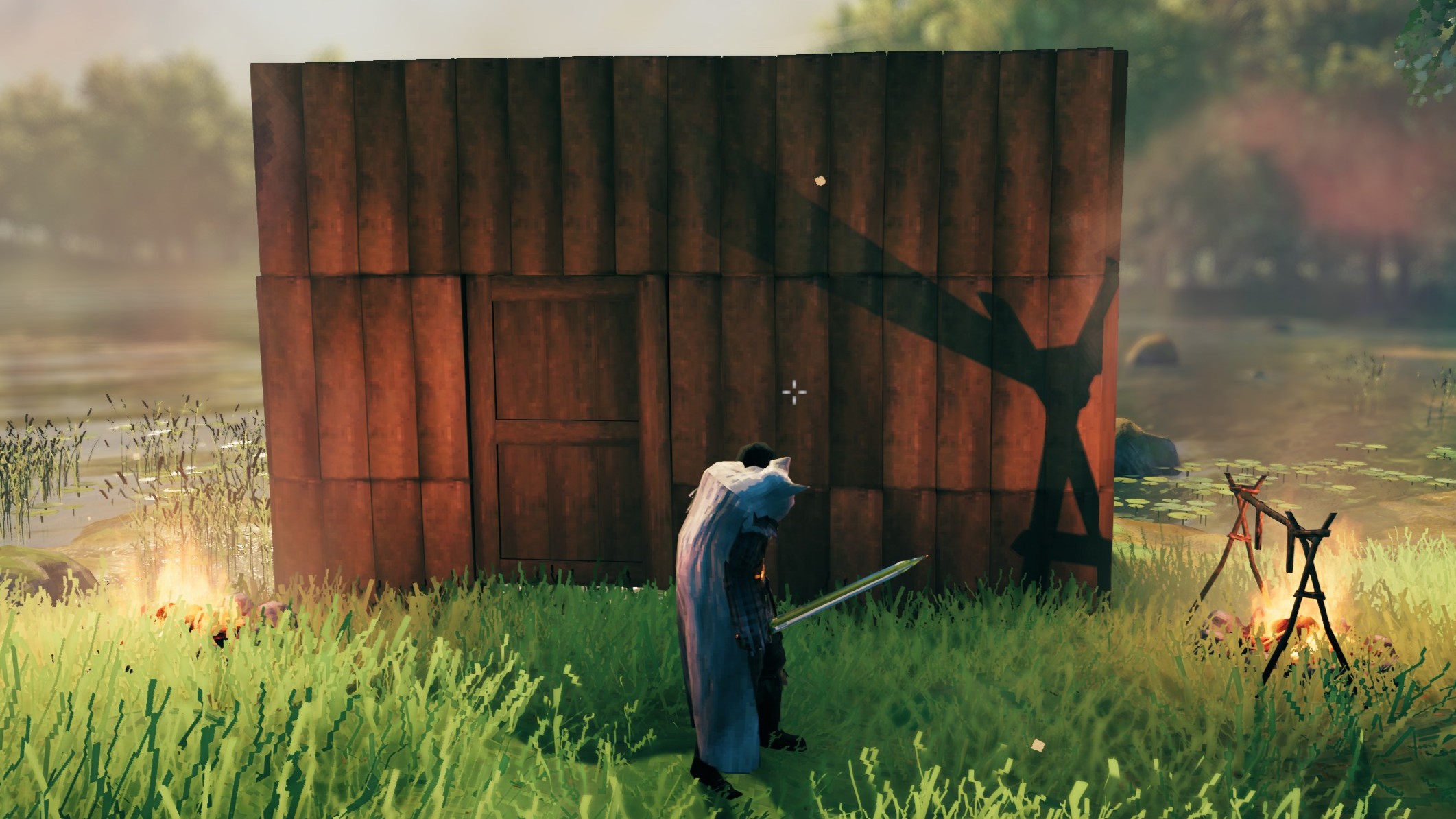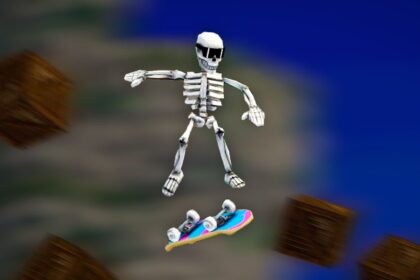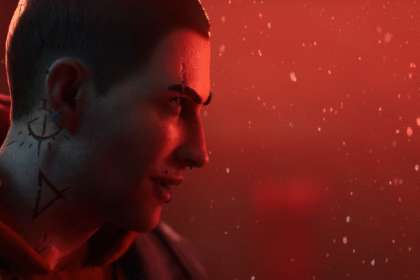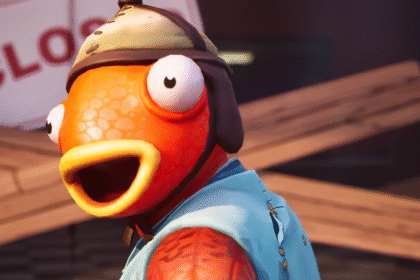As someone who typically takes a rather unga bunga approach to videogames, I must admit I finally feel rather seen by Subnautica 2 designer Anthony Gallegos proclaiming that we’re all monkey-brained gamers who love survival crafting because of how they tap into our most primal instincts.
As reported by GamesRadar, Gallegos sat down with Edge magazine to talk about Unknown Worlds’ upcoming game—which is currently going through a bit of a moment after publisher Krafton gutted the studio’s top brass, delayed the game into 2026, and now face a lawsuit at the hands of the studio’s co-founders—and what it is about survival games that keep people coming back even as the genre continues to swell and shift priorities.
“I used to work at this one Marvel studio, and we had some coworkers that would occasionally bring their kids to work,” Gallegos said. “I was watching this little kid play [Astroneer] and I was like, ‘Oh, geez, good luck, kid, that game has no onboarding.’ I came back two hours later, and he had made a base that was leaps and bounds above anything I could have fathomed for myself. I was like, ‘OK, either this kid’s a genius, or survival game mechanics are just simple enough that they’re universally approachable.'”
Considering a 10-year-old can build a better Minecraft house than me, I’d wager it’s probably both, but Gallegos says that ultimately survival games successfully tap into the silly primitive parts of our brain: “We’re all little monkeys,” he starts. “Everyone’s little monkey brains like shelter and food.”
I mean, hey, true. I certainly enjoy having a roof over my head, and anyone who’s spent more than five minutes in my vicinity knows how much I love a snack or a sweet treat. I also thoroughly enjoy a good survival game, so I reckon Gallegos is pretty on the money here.

He also says that, similarly to MMOs, people who dabble in survival games are generally pretty down for trying out multiple different ones. “If I see people play through all the content of Subnautica and then they leave for a little bit until we do a content patch, that doesn’t alarm me, because I know what they’re doing. They just move from one to [another] with their friends, or by themselves. But they play them all.”
Gallegos also points out an increasing priority being placed on more multiplayer or social elements, and that the genre has largely begun to shift away from an unforgiving fight for your life into something with a little less friction.
I definitely see that—I don’t remember the last time I watched my meticulously-created village burn to the ground before me, or suffered a death that catastrophically altered the trajectory of my save file. I do wonder if part of that does come with how game-hoppy the genre can be. I’ve lost count of how my times my pals have prodded and poked each other into buying a brand-new survival game, rinsed it for a week and then never touched it again. That sort of in-and-out playstyle doesn’t exactly lend itself to challengingly complex systems, after all.
And hey, like Gallegos said, at the end of the day we’re all just little monkeys. And this little monkey prefers her survival games to be easier on the ol’ noggin. I’m already duking it out in real life, let me hit sticks into something vaguely axe-shaped in peace.
Read the full article here









